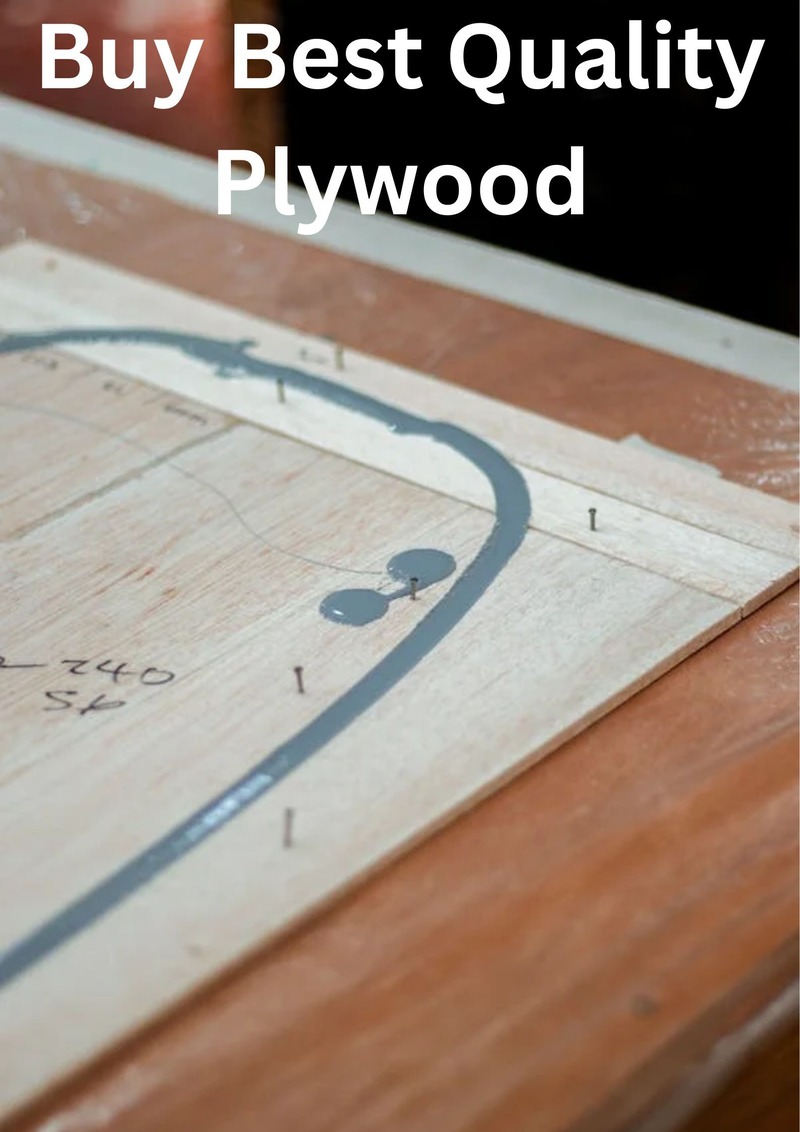
This comprehensive guide explores the primary uses of plywood, its advantages, and why it has become a staple in various sectors. We’ll also touch upon the significant role played by plywood manufacturer in Yamunanagar, a renowned hub for plywood production in India. These manufacturers contribute to the industry’s growth by producing high-quality plywood that meets diverse needs across multiple sectors. Whether you’re a professional builder, a DIY enthusiast, or simply curious about this ubiquitous material, this article will provide valuable insights into the world of plywood and its myriad applications.
The Basics of Plywood
Before diving into its uses, let’s briefly understand what plywood is and how it’s made.What is Plywood?
Plywood is an engineered wood panel made by gluing together thin layers of wood veneer. These layers, called plies, are arranged with their wood grain rotated up to 90 degrees to adjacent layers, creating a strong, stable panel that resists warping, cracking, and shrinkage.How is Plywood Manufactured?
The manufacturing process of plywood involves several steps:- Log selection and debarking
- Cutting logs into veneers
- Drying the veneers
- Applying adhesive
- Layering and pressing
- Trimming and sanding
- Grading and inspection
Main Uses of Plywood
Now, let’s explore the primary applications of plywood across various industries.1. Construction and Building
Plywood is extensively used in the construction industry for both structural and non-structural applications.Structural Uses:
- Wall sheathing
- Roof sheathing
- Subflooring
- Concrete formwork
Non-structural Uses:
- Interior wall paneling
- Ceiling panels
- Underlayment for flooring
2. Furniture Manufacturing
The furniture industry heavily relies on plywood for its strength, stability, and cost-effectiveness. Common plywood applications in furniture include:- Cabinet boxes and shelving
- Drawer bottoms
- Table tops
- Bed frames and headboards
3. Interior Design and Decor
Plywood’s versatility makes it a favorite among interior designers and DIY enthusiasts. Popular uses in interior design include:- Accent walls
- Custom shelving units
- Room dividers
- Decorative panels
4. Packaging and Crating
The durability and strength of plywood make it ideal for packaging and crating applications, especially for heavy or fragile items. Uses in packaging include:- Shipping crates
- Pallet construction
- Industrial packaging
5. Automotive Industry
Plywood finds its way into various automotive applications, particularly in commercial vehicles and trailers. Common uses in the automotive sector:- Trailer flooring
- Van interiors
- Bus flooring
- Recreational vehicle (RV) construction
6. Marine Applications
Marine-grade plywood is specially designed to withstand moisture and is widely used in boatbuilding and marine environments. Marine plywood applications include:- Boat hull construction
- Dock construction
- Marine cabinetry
- Offshore platforms
7. Signage and Advertising
The smooth surface and durability of plywood make it an excellent choice for outdoor signage and advertising displays. Uses in signage:- Billboard construction
- Exhibition stands
- Temporary event structures
- Retail displays
Advantages of Using Plywood
Understanding the benefits of plywood helps explain its widespread use across industries.- Strength and Durability
- Dimensional Stability
- Cost-effectiveness
- Versatility
- Easy to Work With
- Available in Various Grades and Thicknesses
- Environmentally Friendly Options Available
The Role of Plywood Manufacturers in Yamunanagar
Yamunanagar, a city in Haryana, India, is renowned for its plywood industry. The plywood manufacturers in Yamunanagar play a crucial role in meeting the demand for high-quality plywood products both domestically and internationally. These manufacturers:- Utilize advanced technology and machinery
- Follow strict quality control measures
- Offer a wide range of plywood products
- Contribute significantly to the local and national economy
Sustainable Plywood Production
As environmental concerns grow, many plywood manufacturers, including those in Yamunanagar, are adopting sustainable practices:- Using responsibly sourced timber
- Implementing efficient production processes
- Developing eco-friendly adhesives
- Offering certified sustainable plywood products
Innovations in Plywood Technology
The plywood industry continues to evolve, with ongoing research and development leading to new and improved products:- Fire-resistant plywood
- Termite-resistant plywood
- Moisture-resistant plywood
- Bendable plywood for curved applications
Choosing the Right Plywood for Your Project
Selecting the appropriate type of plywood is crucial for the success of any project. Consider the following factors:- Intended use (structural or non-structural)
- Required strength and durability
- Exposure to moisture or weather
- Appearance requirements
- Budget constraints